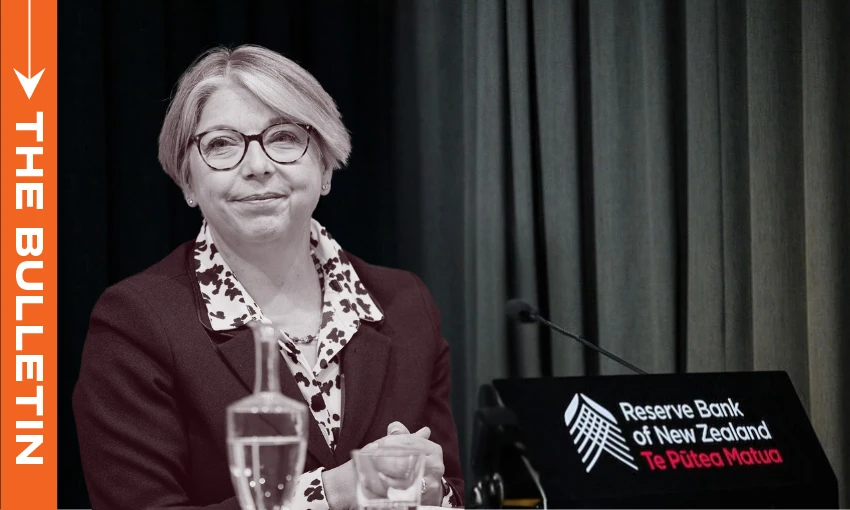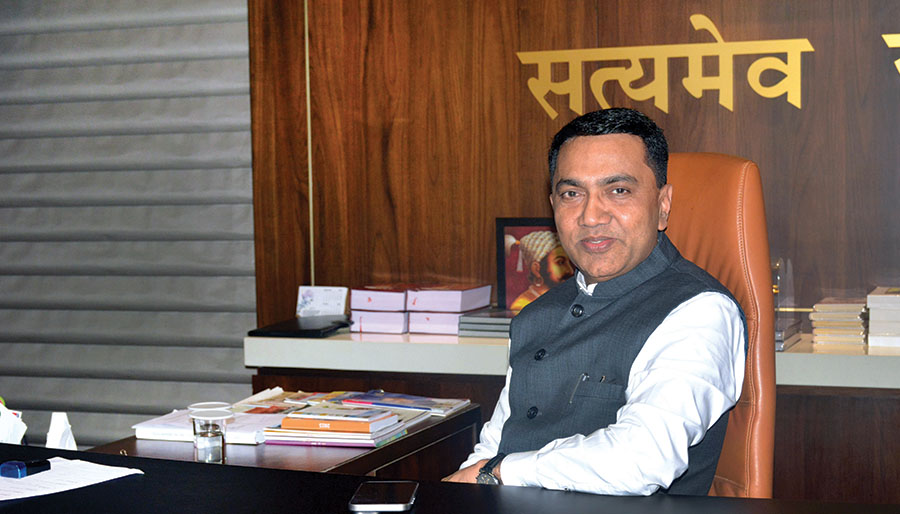By Alice Neville
Copyright thespinoff

Could New Zealand be about to have its first female governor of the Reserve Bank? Alice Neville reports in today’s extract from The Bulletin.
To receive The Bulletin in full each weekday, sign up here.
Seven months of turmoil
Nearly seven months since the abrupt resignation of Reserve Bank of New Zealand governor Adrian Orr, finance minister Nicola Willis will announce his successor at 1pm today – and odds are she’ll be female and foreign. In case you missed it, it’s been a tumultuous few months for the central bank. Orr departed in March just two years into his second five-year term, amid what we now know – as Toby Manhire explained on The Spinoff earlier in the month – was a dispute with the board and the finance minister over funding, and resulting concerns about the governor’s conduct. Since then, the Reserve Bank has been undergoing a major restructure due to a 25% funding cut; board chair Neil Quigley has resigned amid concerns over transparency around the reasons for Orr’s departure; the government has been sticking its oar in; and the economy has been, well, shit. All the while the Reserve Bank, as Pattrick Smellie put it in a (paywalled) column for BusinessDesk yesterday, has been “rudderless in the malaise”.
A woman from overseas?
Late yesterday morning, American business news service Bloomberg reported that the RBNZ was set to appoint its first-ever female governor, who would also be the first non-New Zealander in the role since the inaugural (English) governor in 1934. The Post has also since said it “understands” this claim to be correct. Attributing the information to a “person familiar with the matter” who wouldn’t identify the appointee, the (paywalled) Bloomberg story by Matthew Brockett said speculation was centring on Sarah Breeden, the Bank of England’s deputy governor for financial stability.
An unexpected choice
Leading contenders had previously been tipped to include Christian Hawkesby, Orr’s deputy who has been acting as interim governor, or Treasury chief economist Dominick Stephens. In July, BusinessDesk’s Smellie said the deputy governor of Canada’s central bank, Toni Gravelle (don’t be fooled by the i – he’s a man), was a frontrunner for the position and Quigley’s preferred candidate, but Gravelle told Reuters last week that he was no longer in the running. Writing in the Herald yesterday, Liam Dann said American economist Catherine Mann, who visited New Zealand for an RBNZ conference in March, was another name that had been speculated on and fitted the “foreign and female” bill.
So what’s the JD?
As well as presumably more straightforward tasks like regulating banks, insurers and finance companies and operating wholesale payment and settlement systems, the Reserve Bank is in charge of monetary policy, which means keeping inflation in check and prices stable. This is chiefly done by setting the official cash rate, and sometimes via other means like quantitative easing (printing money to buy back bonds, basically). As Smellie wrote in yesterday’s column, Orr was not popular with senior ministers due to his handling of monetary policy both during and after the pandemic – they believe he stoked inflation by printing a “tidal wave of cash” and then failed to control it. The next governor will need to bring “focus, confidence and cohesive governance” to restore the bank’s reputation as “a steady hand and a long-time inflation-fighter”.
The pros and cons
It’s vital the next governor “can reliably read this country’s odd little economy”, Smellie wrote, suggesting that appointing a non-New Zealander to the role would come with risks. The “conventional wisdom in political and policy circles” was that non-New Zealand leadership of Treasury in the past decade has not worked out for us, he said. (Gabriel Makhlouf, a Brit, departed as Treasury secretary under a cloud in 2019; his successor, Australian Caralee McLiesh, allegedly “suffered from being a bit of an outsider”.) New Zealand Initiative executive director Oliver Hartwich, on the other hand, told Reuters that an outside perspective might be just the ticket. “It’ll be easier for someone who’s not connected to the current regime, and potentially even a foreigner, coming in and saying: ‘Well, I’m not here to make friends, and I don’t have to pay too much attention to what’s historically happened here. I will just implement what needs to be done’.”



